News
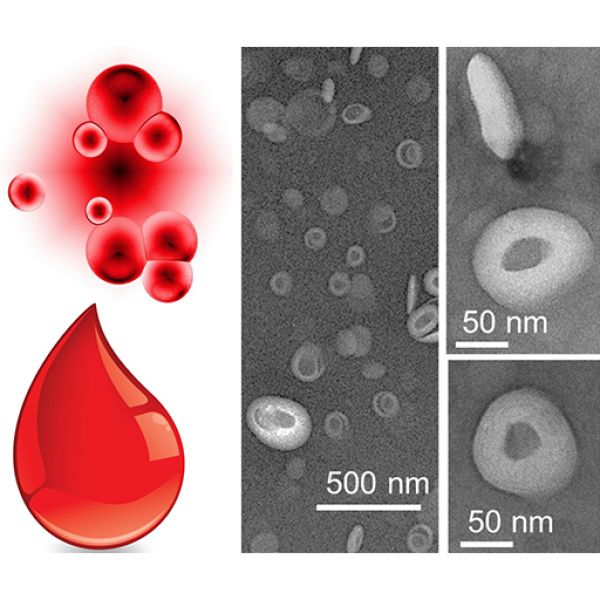
Apr 01, 2025
$2.7M NIH grant to fund next generation of synthetic blood
A multi-institutional team led by Dipanjan Pan, the Dorothy Foehr Huck & J. Lloyd Chair Professor in Nanomedicine at Penn State, recently received a four-year, $2.7 million grant from the National Institutes of Health’s National Heart, Lung, and Blood Institute to develop the next generation of synthetic blood.
Full Article
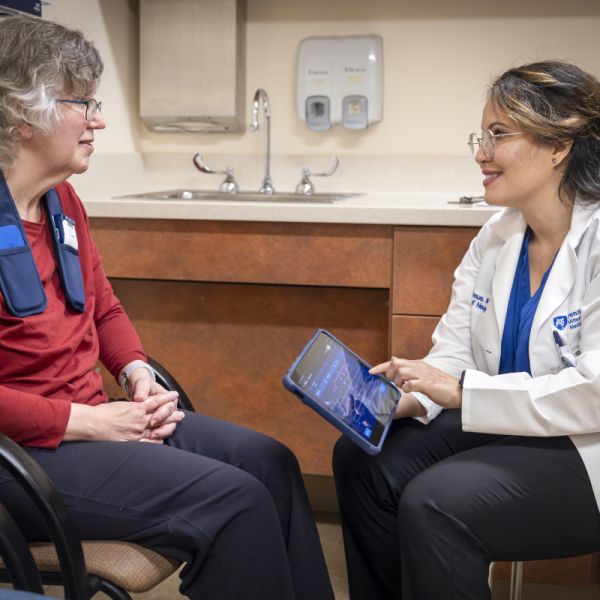
Mar 28, 2025
Hershey Medical Center first in Pennsylvania to offer new Parkinson’s treatment
Penn State Health Milton S. Hershey Medical Center has become the first hospital in Pennsylvania and one of only 23 in the nation to offer BrainSense adaptive deep brain stimulation (aDBS), an advanced treatment for Parkinson’s disease.
Full Article
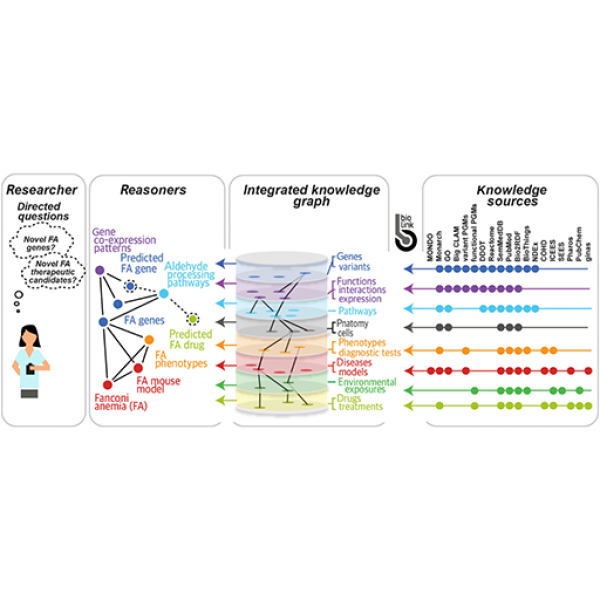
Mar 26, 2025
Translator for biomedical research aims to speed up patient care
$12.8M, five-year project brings together multiple institutions to improve and expand NIH Biomedical Data Translator
Full Article
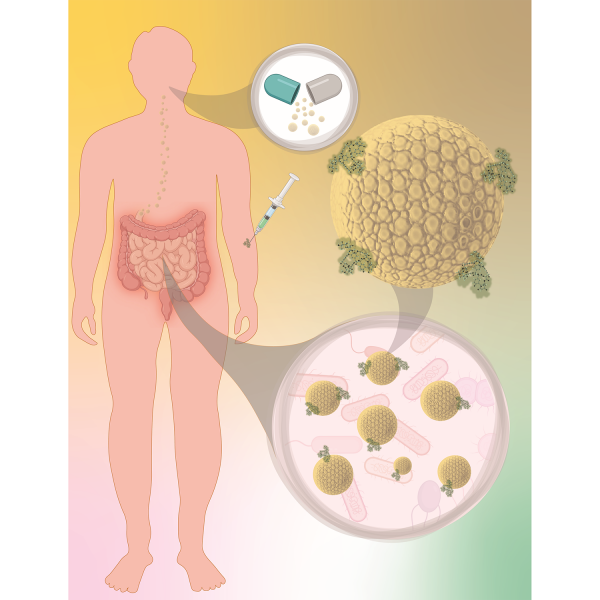
Mar 18, 2025
FDA-approved dialysis drug may help fight against antimicrobial resistance
The study, conducted in mice, revealed that sevelamer can successfully remove off-target antibiotics from the gut.
Full Article
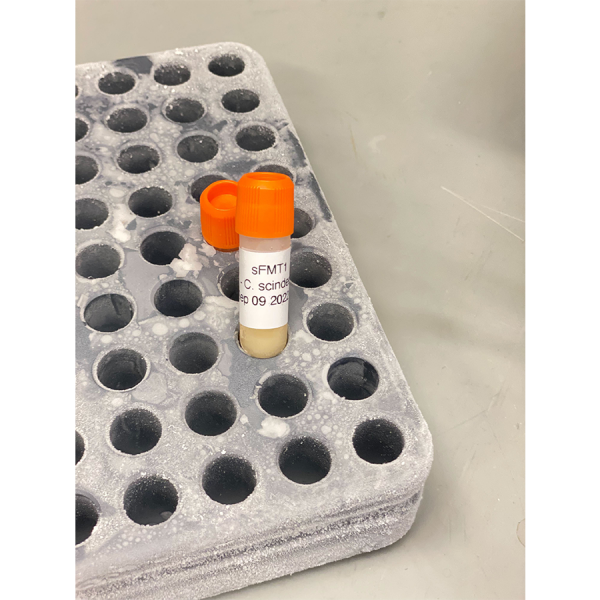
Mar 04, 2025
Synthetic microbiome therapy suppresses bacterial infection without antibiotics
Precise, targeted treatment using limited strains of gut bacteria effectively protected against C. difficile infection, severe symptoms and recurrent infections in mice.
Full Article
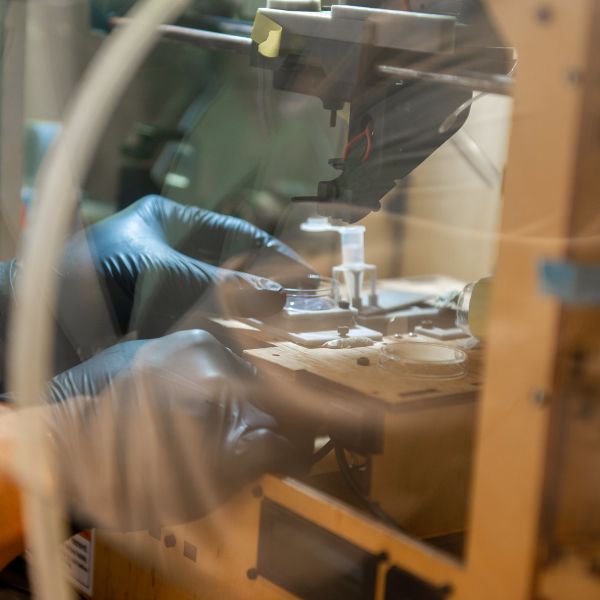
Feb 28, 2025
Could 3D-printed air revolutionize bioprinting?
A novel technique for creating voids and channels within bioprinted living tissues could help break the vascularization barrier, unlocking the next generation of medical applications for the technology.
Full Article
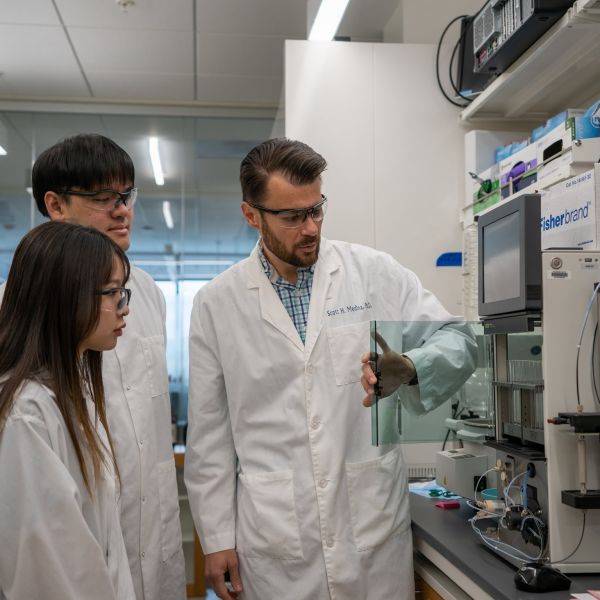
Jan 17, 2025
Discovery could eliminate need to refrigerate vaccines and protein-based drugs
A new storage technique can keep protein-based drugs and vaccines stable without keeping them cold. The discovery, led by researchers at Penn State, could eliminate the need for refrigeration for hundreds of life-saving medicines like insulin, monoclonal antibodies and viral vaccines.
Full Article
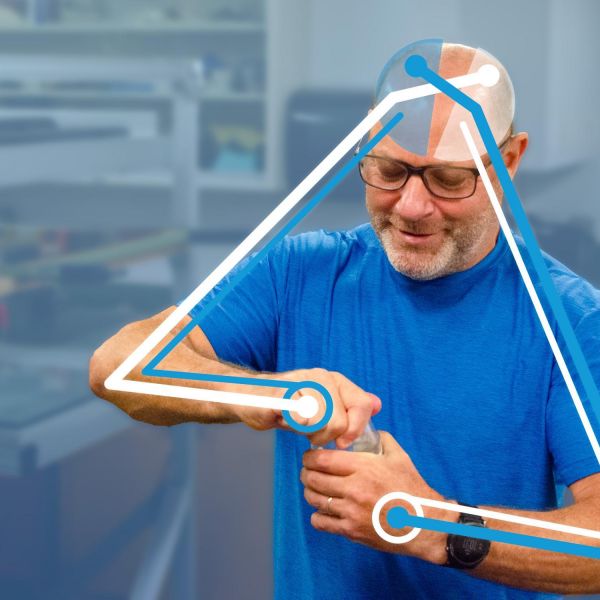
Jul 22, 2024
Alternative understanding of brain leads to new treatments for stroke patients
Since the early 20th century, researchers believed that movements on the right and left sides of the body were controlled by the opposite hemisphere of the brain. However, Penn State researcher Robert Sainburg proposed the complimentary dominance hypothesis, which states that both sides of the brain have a role to play in control of both sides of the body.
Full Article
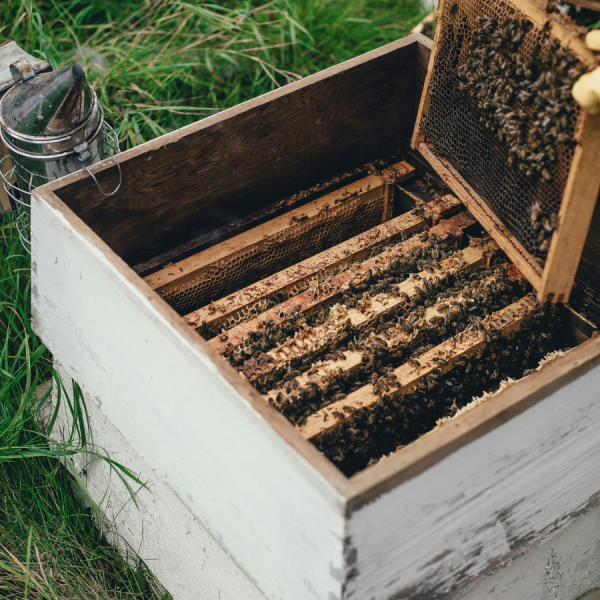
Jun 03, 2024
Combining pest treatments may be key to helping honey bees survive the winter
Winters can be tough on managed honey bee colonies, with beekeepers in the United States reporting that one-third of their colonies die each winter. A new study by Penn State researchers has found that using not one but multiple pest treatments may help bees make it to spring.
Full Article

Sep 05, 2023
New updates come to 'Beescape,' an online tool for supporting pollinators
New updates have come to Beescape, an online tool created by a Penn State-led team for assessing the quality of landscapes for supporting bees and other pollinators.
Full Article